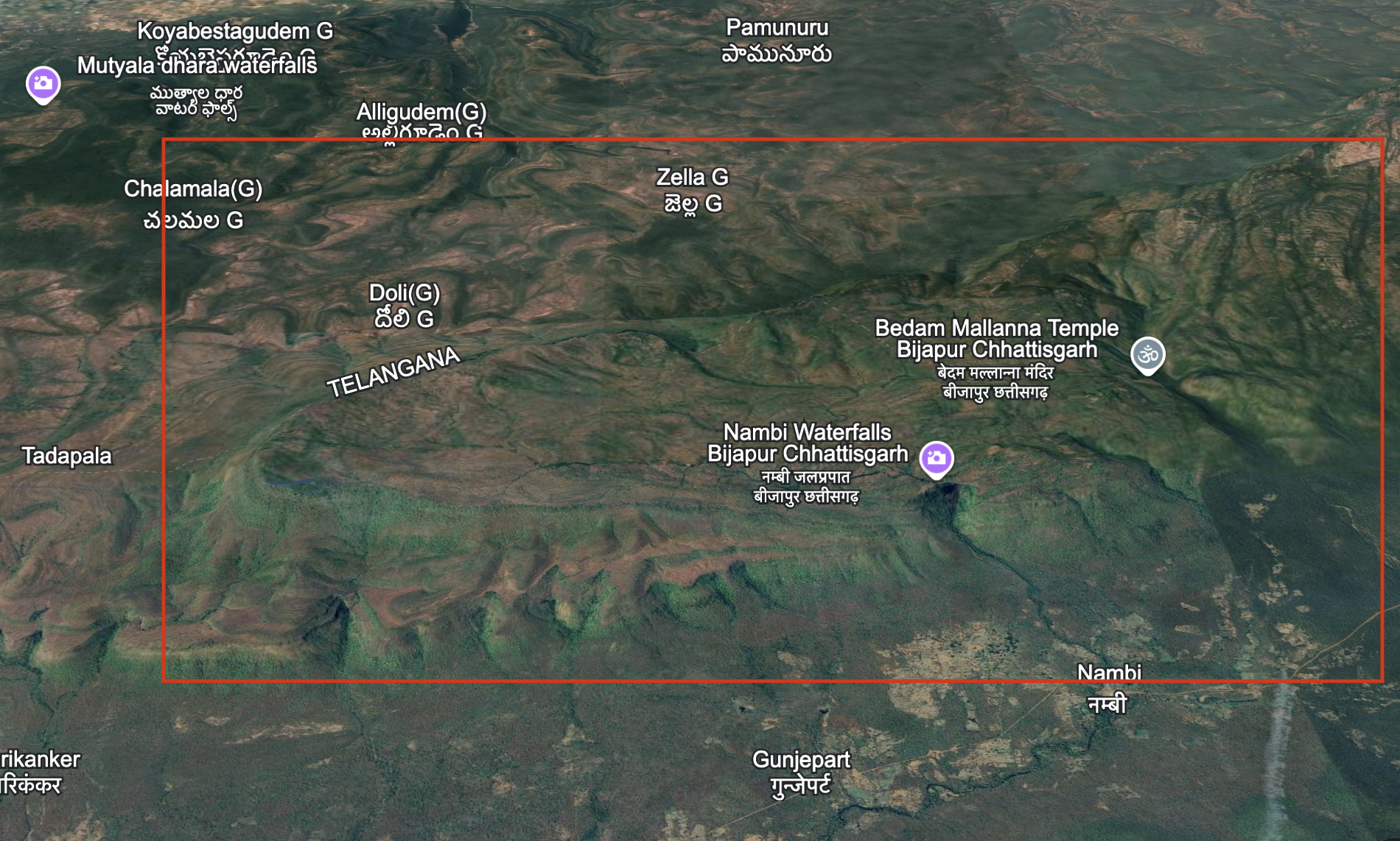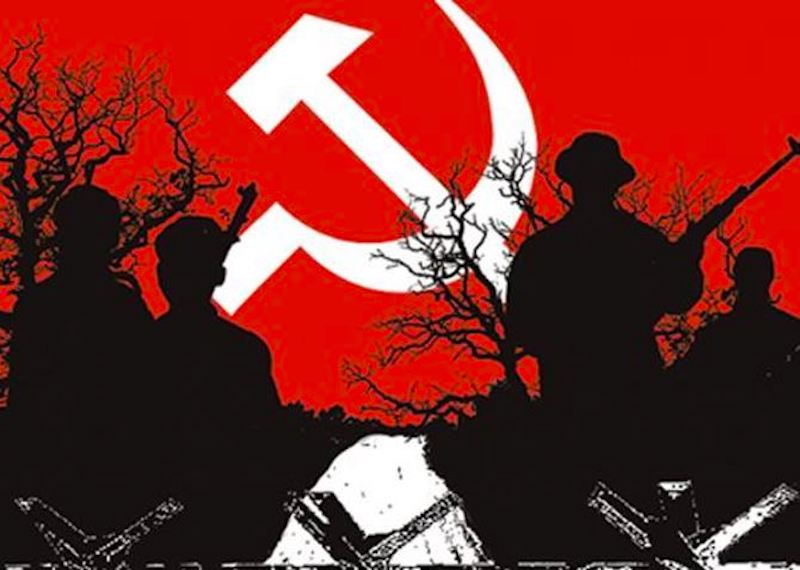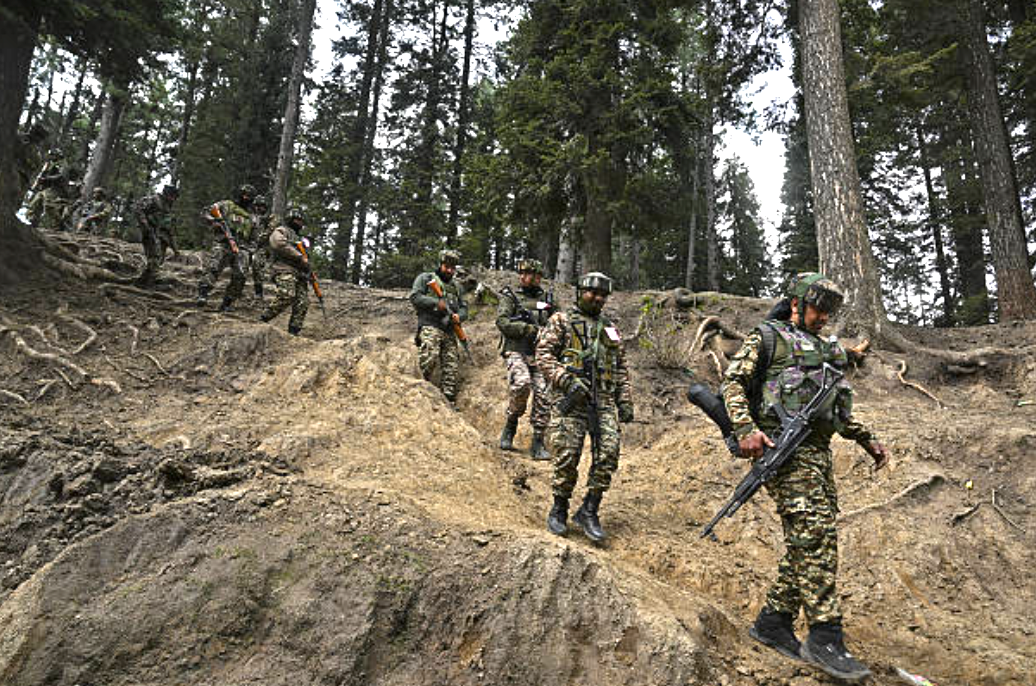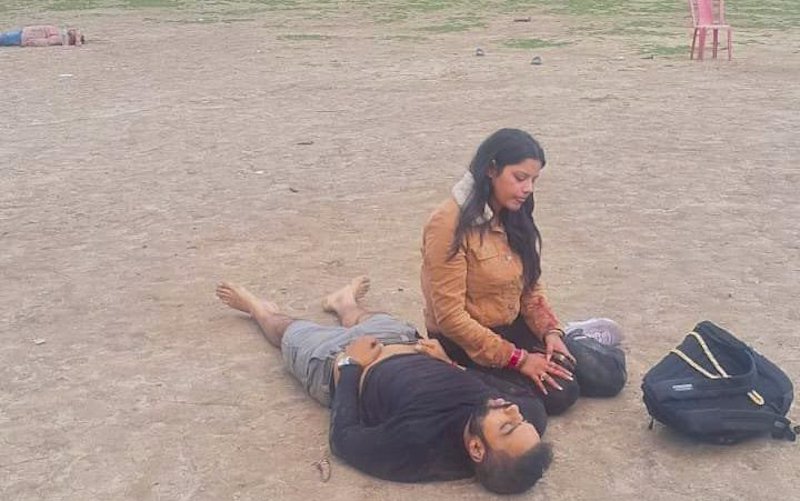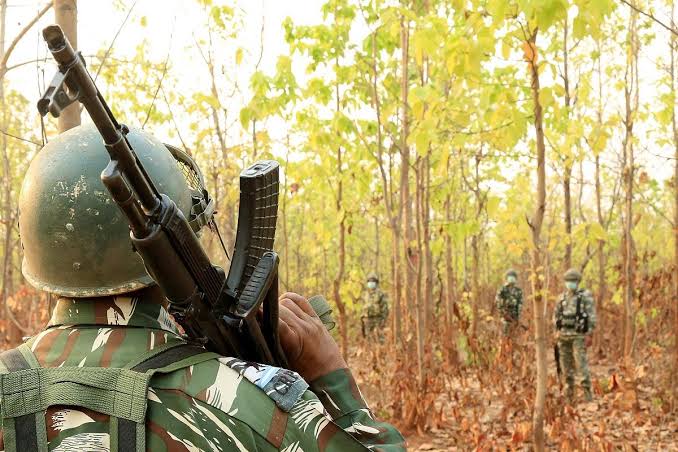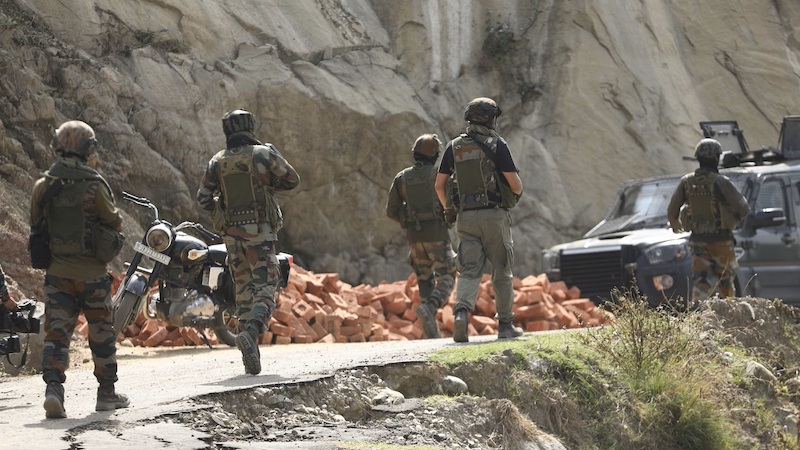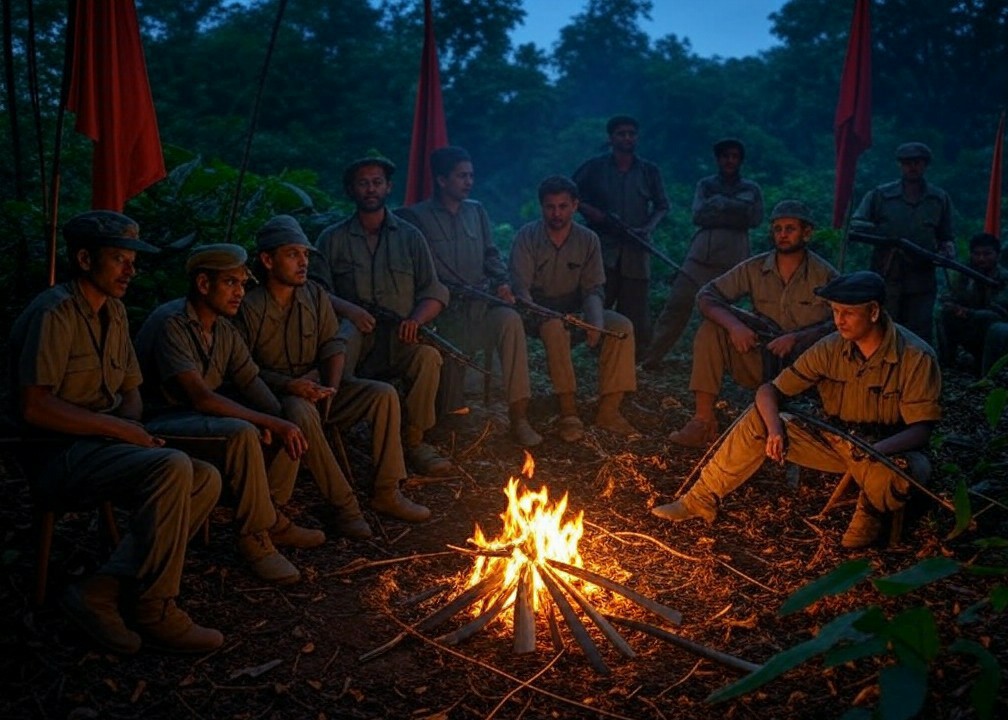 Akash Rao Girepunje.
Akash Rao Girepunje.
Raipur: An additional superintendent of Chhattisgarh Police, Akash Rao Girepunje, was killed and two other officers were injured in a Maoist IED (improvised explosive device) attack in Sukma district, on Monday. This came as a shocking blow to security forces who were riding high on unprecedented successes against left-wing extremism in recent months.
Girepunje, 42, succumbed to his injuries at a hospital shortly after the blast that occurred around 9.30am in the Konta area of Sukma district. His death comes just two days before his daughter’s sixth birthday and barely three weeks after security forces achieved their biggest victory by eliminating top Maoist leader Nambala Keshava Rao.
Girepunje, who had served as additional superintendent of police for the Konta division since March 2024, was leading a security patrol on foot when Naxalites detonated a pressure-activated improvised explosive device. The explosion critically injured the senior officer along with two other police personnel, though the latter survived with less severe injuries.
The attack demonstrates the continued capacity of Maoist groups to inflict casualties on security forces, even while under sustained pressure following recent major losses in their leadership ranks.
The officer had made plans to visit his in-laws’ house in Bhandara, Maharashtra, to celebrate his six-year-old daughter’s birthday on June 11 – a promise he had made to attend regardless of circumstances.
Girepunje is survived by his wife Sneha, a seven-year-old son, and six-year-old daughter, along with his parents and four siblings. His bodyguard informed his family members of the officer’s death at around 10am.
His younger brother, Adarsh Girepunje, described the deceased officer as someone who “never backed down, no matter how grave the threat”. This reputation for courage had previously earned Girepunje a gallantry award for his service in the conflict zone.
The officer’s commitment to the anti-Maoist campaign was evident in his declaration that he would remain stationed in Sukma until the region was freed from what local officials term “red terror”. He had reportedly refused several transfer opportunities that would have taken him to safer postings.
Government Response
The killing prompted immediate attention from Chhattisgarh’s political leadership. The chief minister, Vishnu Deo Sai, postponed his scheduled visit to Rajnandgaon and convened an emergency meeting at the state secretariat to review the incident and assess the ongoing anti-Maoist operations.
Sai personally attended Girepunje’s funeral, joined by the deputy chief ministers, Vijay Sharma and Arun Sao, as well as the former chief minister, Raman Singh. The state funeral at Mahadev Ghat Muktidhaam in Raipur witnessed scenes as Sai and the deputy chief ministers personally served as pallbearers for the fallen officer.
Sharma, who also holds the home portfolio, used the occasion to reaffirm the government’s commitment to eliminating Naxalism from the region. He praised Girepunje as a “brave, dedicated, and honest officer” while acknowledging that the Maoists had “once again shown their true face and intention”.
Girepunje’s killing comes at a time when security forces had achieved significant momentum against Maoist insurgency in central India. The most notable success occurred on May 21 when security forces killed Nambala Keshava Rao, alias Basavaraju, the general secretary of the banned Communist Party of India (Maoist), along with 26 other Naxalites in the state’s Narayanpur district, as reported by India Sentinels earlier.
This marked the first time in the Maoist movement’s four-decade history that its top leader was eliminated in an encounter. The operation that killed Rao represented a watershed moment in India’s fight against left-wing extremism.
The prime minister, Narendra Modi, and the Union home minister, Amit Shah, both publicly celebrated the achievement, with Modi describing it as a “remarkable success” and reaffirming the government’s commitment to “eliminating the menace of Maoism”. Shah characterized it as a “landmark achievement” in the battle to eliminate Naxalism.
These recent successes had created optimism within security circles about the possibility of decisively defeating the insurgency.
Strategic Implications
The attack highlights the continued tactical sophistication of Maoist insurgents, who utilized pressure IEDs – a preferred weapon that allows remote detonation while maximizing casualties among security forces. The Konta area remains a hotbed of Naxalite activity despite intensified counterinsurgency operations.
Despite recent successes in eliminating top Maoist leaders, the movement’s decentralized structure and deep local roots enable continued resistance. The use of IEDs represents a tactical adaptation that allows smaller insurgent groups to inflict disproportionate casualties while minimising their own exposure to security forces.
The Sukma-Bijapur region has witnessed repeated attacks on security forces, including the devastating April 2021 ambush that killed 22 personnel – the worst losses since 2017. The persistence of such attacks despite intensive operations suggests that eliminating Maoist insurgency requires more than tactical successes against leadership figures.
The killing of the ASP underscores the human cost of the country’s internal security challenges, with officers like Girepunje operating in dangerous conditions. The attack represents a significant setback for security forces who had been gaining unprecedented ground against the insurgency, which demonstrates that despite major victories, the path to eliminating Naxalism remains far from over.


